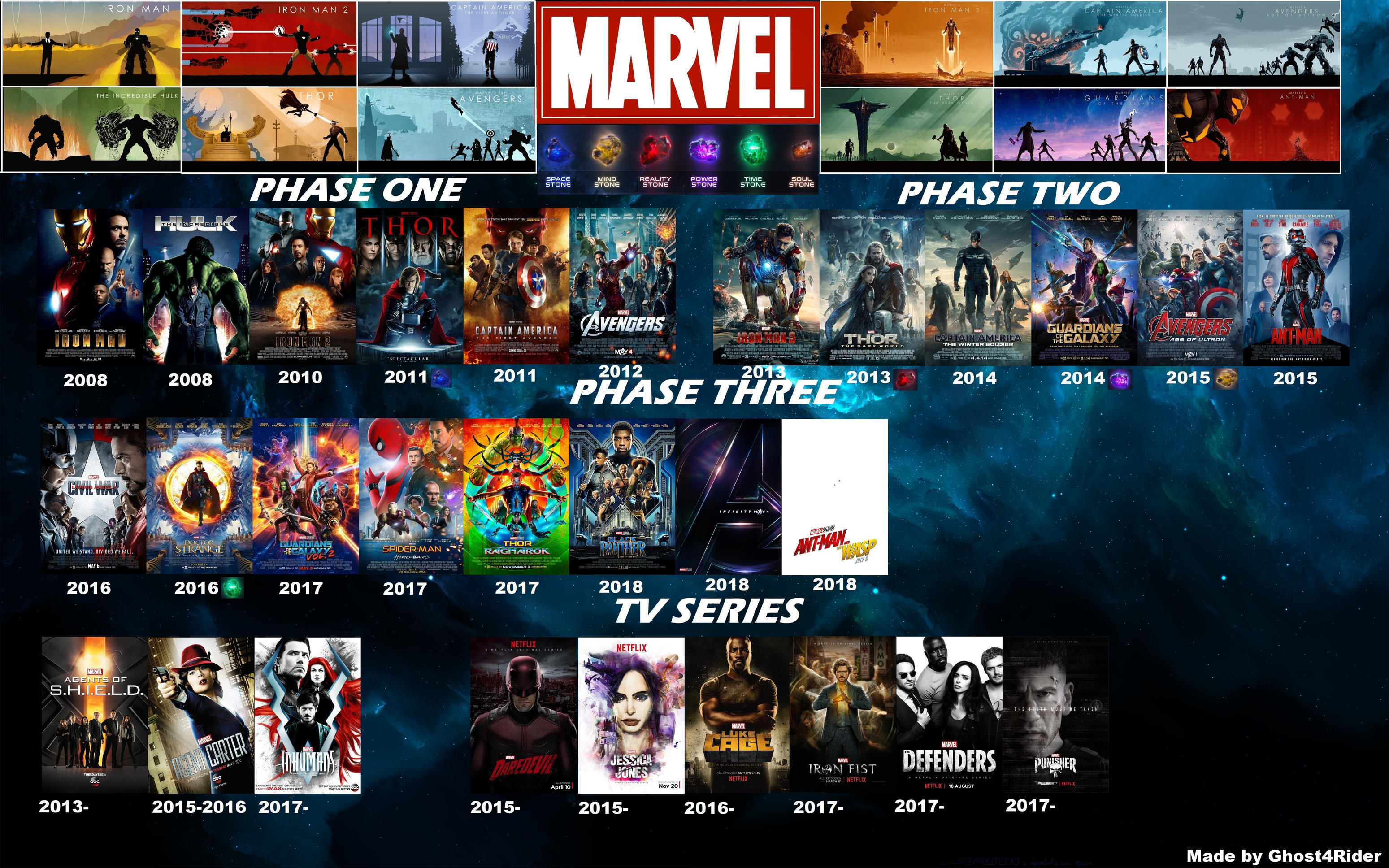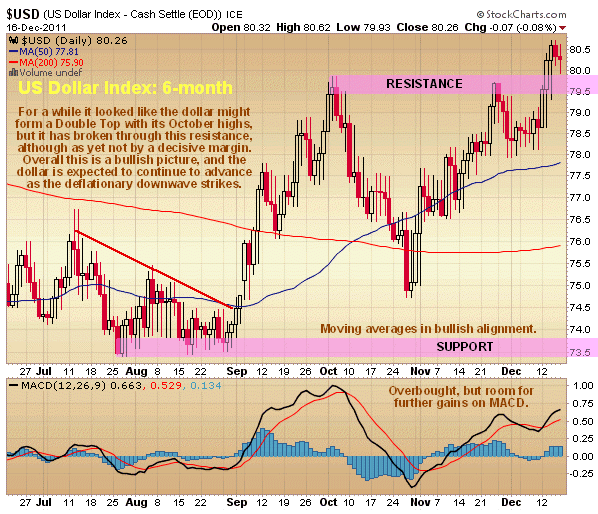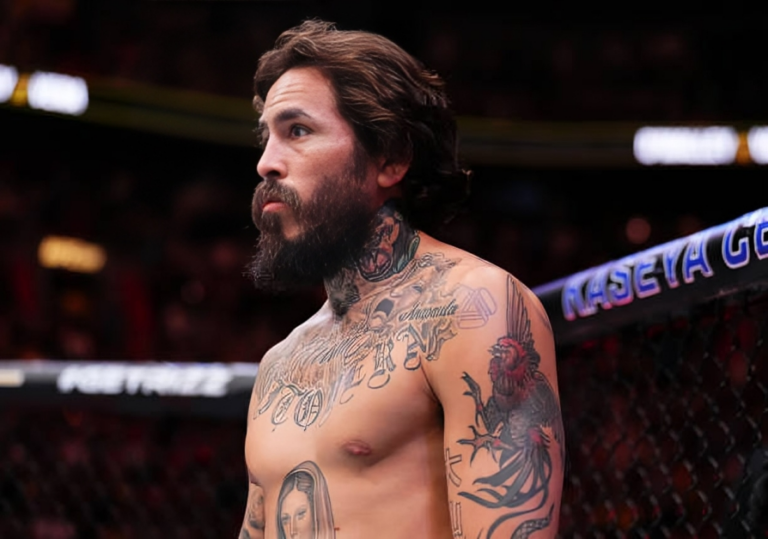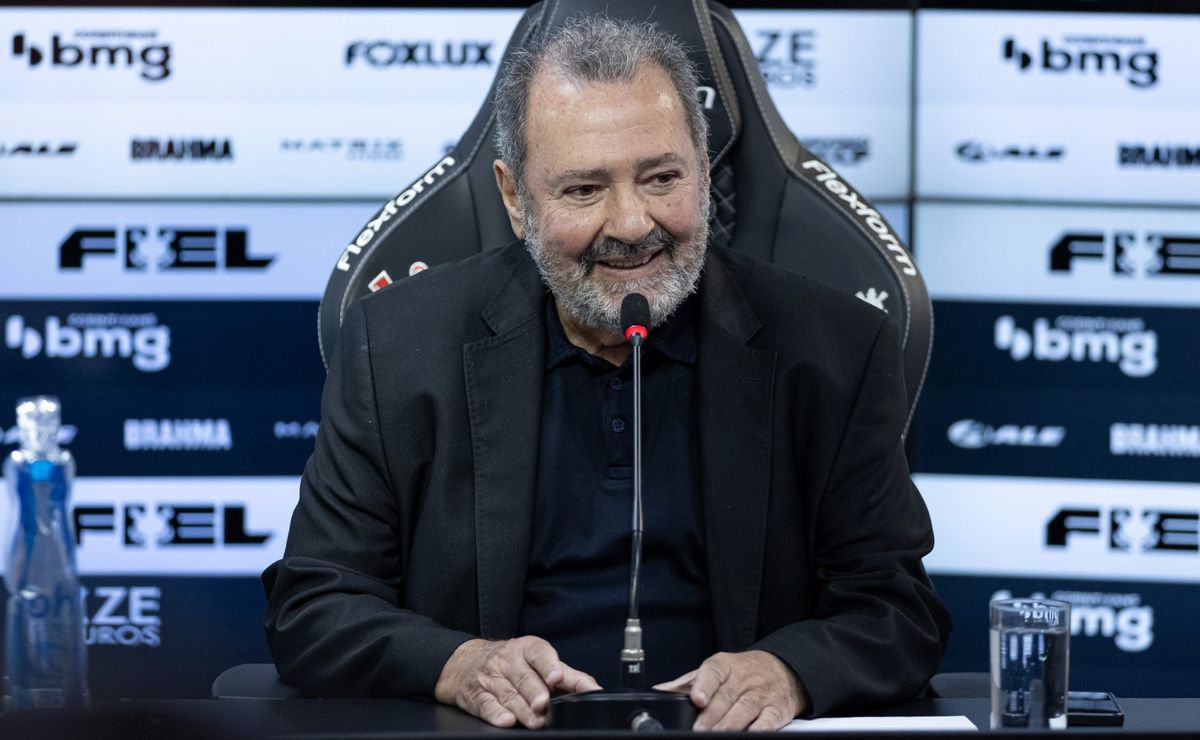Improving The Marvel Cinematic Universe: A Necessary Evolution

Table of Contents
The core focus of this piece is to identify key areas where improvements can be made, thereby ensuring the MCU remains a relevant and engaging force in the entertainment landscape. We will examine narrative fatigue, character development, and pacing issues – crucial elements that, when addressed, will contribute significantly to improving the Marvel Cinematic Universe.
Addressing Narrative Fatigue and Creative Risks
The MCU's success has, in part, been built on a specific formula. However, over-reliance on established patterns has led to narrative fatigue.
Over-reliance on Established Formulas
Recent MCU installments have often fallen into predictable tropes, hindering the innovative spirit that once defined the franchise.
- Repetitive Storylines: The "villain with a personal vendetta" trope has been overused, lacking the originality and complexity needed to truly resonate with viewers.
- Lack of Character Development: Many characters feel like archetypes rather than fully realized individuals, lacking the depth to truly connect with audiences.
- Predictable Plot Twists: The element of surprise has diminished, with many plot twists becoming easily anticipated.
Suggested Solutions: The MCU needs to embrace more creative risks. This involves experimenting with diverse genres within the superhero framework, moving beyond the familiar action-adventure formula. Delving deeper into the psychology of its characters, exploring their internal conflicts and motivations, is also crucial. The introduction of more morally grey characters and complex storylines could significantly enrich the narrative landscape.
The Importance of Original Storytelling
While adaptations have their place, a greater focus on original storytelling is essential for the MCU's long-term success.
- Successful Deviations: Shows like Loki and WandaVision demonstrate the potential of venturing beyond direct comic adaptations, exploring unique narrative structures and character arcs.
- Untapped Potential: Original characters and storylines offer a chance to create truly fresh and exciting content, expanding the MCU's universe in meaningful ways.
Suggested Solutions: The MCU should actively invest in original ideas, fostering a creative environment that encourages new and diverse voices. This includes actively seeking out fresh perspectives and narratives that challenge the status quo. This approach allows for unique storytelling opportunities that cater to a wider audience.
Enhancing Character Development and Depth
A significant area for improvement lies in enhancing the depth and complexity of the characters.
Beyond the Archetypes
Many MCU characters remain underdeveloped, relying on surface-level traits rather than nuanced backstories.
- Underdeveloped Characters: Several characters are introduced with little more than a label, lacking the compelling backstories or character arcs necessary for audience connection.
- Surface-Level Traits: Instead of exploring the internal conflicts and motivations of its characters, the MCU sometimes relies on simplistic characterizations, making them feel less relatable.
Suggested Solutions: Giving characters more agency – allowing them to make significant choices with real consequences – is paramount. Exploring their internal conflicts and developing more complex relationships will enrich their arcs and foster stronger connections with viewers.
Balancing Ensemble Casts
The challenge of managing large ensemble casts has led to uneven screen time and underdeveloped characters.
- Overshadowed Characters: In many films and series, certain characters are overshadowed by others, resulting in uneven narrative focus and underdeveloped arcs.
- Uneven Plot Focus: The storyline often prioritizes certain characters, leaving others feeling underdeveloped and underutilized.
Suggested Solutions: Prioritizing character arcs and providing sufficient screen time for key characters is essential. Better integration of supporting characters into the main plot will contribute to a more cohesive and engaging narrative, ensuring that all characters feel vital to the story.
Improving the Pacing and Structure of Films and Series
Pacing and structure have also presented challenges in recent MCU projects.
Overstuffed Narratives
Many MCU films and series suffer from overly long runtimes and convoluted plots.
- Pacing Issues: Several installments have struggled with pacing, resulting in a sense of drag or a lack of focus.
- Too Many Plot Threads: Overly complex plots with multiple interwoven narratives can be overwhelming, hindering audience engagement.
- Excessive Exposition: An over-reliance on exposition can disrupt the flow of the narrative, making it feel less organic and engaging.
Suggested Solutions: Focusing on tighter narratives, prioritizing quality over quantity, is key. Streamlining plots for better clarity and enhancing the pacing will enhance audience engagement and enjoyment. This means being more selective with plot threads and providing concise, impactful storytelling.
Balancing Action and Character Moments
The balance between action sequences and character-driven moments needs careful attention.
- Action Overshadowing Character Development: In some cases, the focus on spectacular action sequences overshadows the development of characters and their relationships.
- Lack of Emotional Impact: An overemphasis on action can lead to a lack of emotional depth, preventing audiences from truly connecting with the characters.
Suggested Solutions: Action sequences should serve the narrative, enhancing the emotional impact of the story rather than merely being a spectacle. Integrating character moments naturally within action sequences will create a more engaging and impactful experience for the audience. Prioritizing emotional impact over sheer spectacle is crucial.
Conclusion
Improving the Marvel Cinematic Universe requires a multifaceted approach. Addressing narrative fatigue through creative risks and original storytelling, enhancing character development and depth, and improving the pacing and structure of its films and series are crucial steps. Reiterating the importance of improving the Marvel Cinematic Universe, we must emphasize the need to evolve the MCU's creative process, ensuring a balance between spectacle and substance. By focusing on these key areas, the MCU can not only maintain its popularity but also embark on a new era of innovation and creativity. What changes would you like to see in the MCU's future? Let's discuss how we can continue evolving the MCU and securing its place as a leading force in cinematic entertainment.

Featured Posts
-
 Carney Promises Biggest Economic Overhaul In A Generation
May 04, 2025
Carney Promises Biggest Economic Overhaul In A Generation
May 04, 2025 -
 Gold Market Update Two Straight Weeks Of Losses In 2025
May 04, 2025
Gold Market Update Two Straight Weeks Of Losses In 2025
May 04, 2025 -
 Breaking Down The Ufc Des Moines Fight Card Predictions And Analysis
May 04, 2025
Breaking Down The Ufc Des Moines Fight Card Predictions And Analysis
May 04, 2025 -
 Is Bob Bafferts Return To The Kentucky Derby Good For Racing
May 04, 2025
Is Bob Bafferts Return To The Kentucky Derby Good For Racing
May 04, 2025 -
 Corinthians E Fred Luz Revelados Os Bastidores Do Rompimento Da Parceria
May 04, 2025
Corinthians E Fred Luz Revelados Os Bastidores Do Rompimento Da Parceria
May 04, 2025
